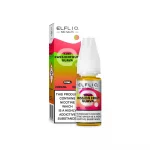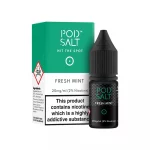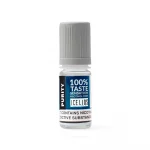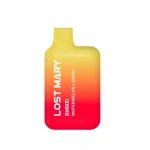CBD has become an increasingly popular tool for a range of chronic ailments and has sparked a booming market in the wellness industry. From footballers to mental health experts, many professionals throughout the UK and the US have discussed the benefits they and people they know have gained from the non-psychoactive cannabis extract. Cannabidiol has many benefits, and research continues into the potency and extent of its properties.
The many different types of cannabidiol, such as CBD buds and tinctures, make them perfect for use both recreationally and as medication. There are some people, however, that CBD isn’t the right fit for. Below is an outline of who shouldn’t use cannabidiol, and how to use it safely whilst being treated with other medications.
CBD And Enzyme CYP3A4
A family of enzymes called CYP450 are the catalysers for many metabolic reactions in the body. To digest and transfer nutrients and chemicals in the body, this family of enzymes work throughout the liver and the gut to break down many types of medication that you might be prescribed.
The problem with CBD is that it can slow down the response time of a specific type of CYP450 enzyme, named CYP3A4. This slow down in the metabolic rate can mean that prescribed medications are not broken down quick enough for the rate of prescription, meaning that your medication could build up in your body, potentially causing an overdose. Though less dangerous, the opposite can be true too, the CYP3A4 enzyme can decrease the potency of CBD terpenes in the body. As a rule of thumb then, people using medications containing this enzyme should not use cannabidiol products, or should at least consult their doctor before buying CBD products from our vape shop in Blackfriars Station.
Medications With A “Grapefruit Warning”
A good indicator of whether your medication could interact negatively with cannabidiol is if it has a grapefruit warning. Grapefruits and other related fruits can slow down the metabolic rate in your body, specifically affecting the same enzymes as CBD does. Always consult your doctor if you’re using medication and want to try cannabidiol.
Medications that Might Be Affected By CBD
There are a number of medications that might be affected by cannabidiol intake. Thes include but are not limited to antidepressants and other mood medications, antibiotics, blood thinners, antiepileptic drugs, erectile dysfunction medications and immunosuppressants.
Always Ask Your Doctor
The irony is that cannabidiol products such as CBD e-liquids in London vape shops can help counter the side effects of many of these medications. Always ask your doctor if you want to use cannabidiol for these reasons, as they can help you try and find a solution or a time period in which both medication and CBD will be effective and safe to use.
CBD Intolerance
Products such as Vype CBD might cause an adverse effect in some users independent of medication disruption. Like with nuts and shellfish, some people may be allergic to cannabidiol, although there have been no recorded instances of this reaching life-threatening levels. Most symptoms include mild skin irritation or nausea.
Again, it is vital that those who have existing allergies and indeed those worried about their medication should always consult a doctor before trying CBD. Doctors may want to measure your blood plasma levels and liver functioning before giving you the go-ahead.





